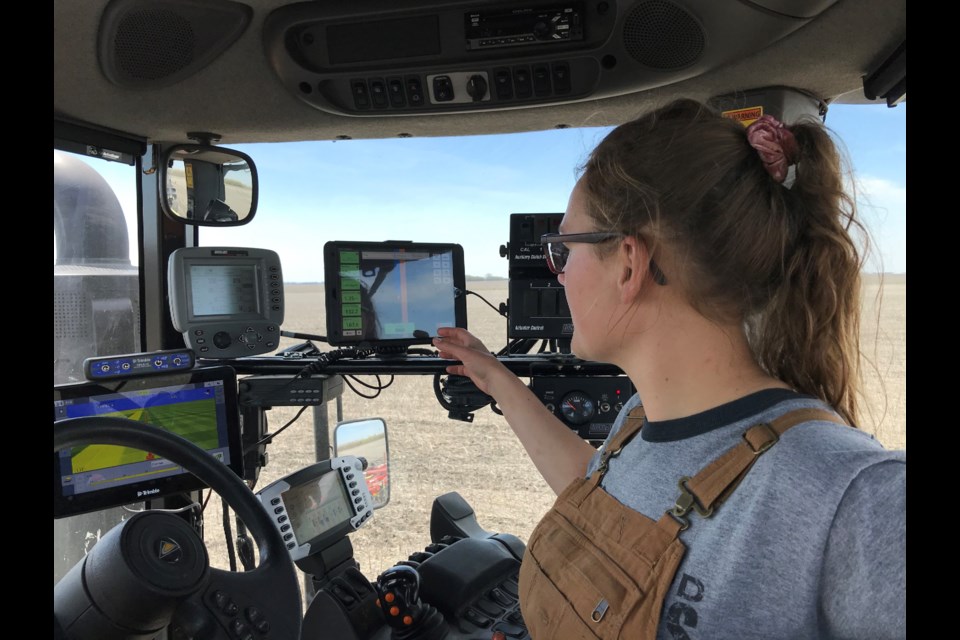Keep it Clean is a joint initiative of the Canola Council of Canada, Pulse Canada, Cereals Canada, Barley Council of Canada and Prairie Oat Growers Association, providing growers with tips and tools for growing crops that meet the requirements of our domestic and export customers.
��
We talked to farmers and asked them a simple question “Why do you keep it clean on your farm?” Here are their responses.
��
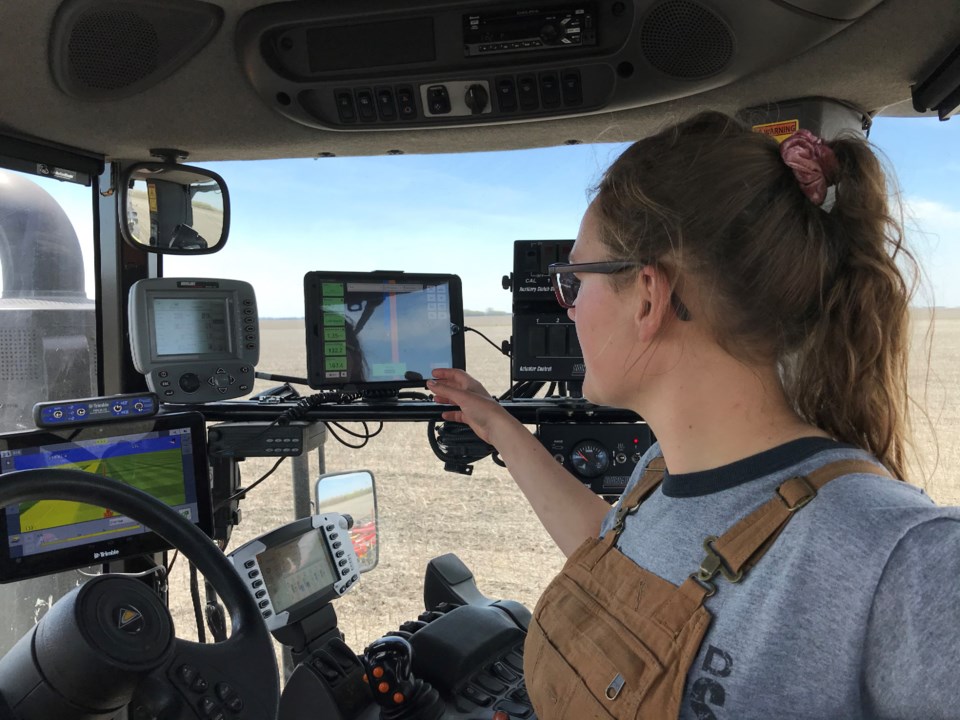
Fiona Jochum
St. François Xavier, MB
Canola, oats, soybeans and wheat
It's important because across Canada we are known for our quality products. That standard is what people look for when they buy from us, so that’s what we have to deliver. Exporting is so important for Canadian agriculture; we don't want to jeopardize any of our markets or our relationships with our customers. Even beyond that, if you think about it, we're all consumers here too, we’re consuming the food that we grow and we all want a safe, nutritious food supply.
As a young farmer, I'm still learning. That’s why I like using the Keep it Clean staging guides, in particular for canola. You can't tell how the crop is doing by just looking at it from a distance, you actually have to go in, break open pods and whatnot. The staging guide is really easy, so it helps to take a quick look at it, so I know exactly what I'm supposed to look for when I go out to judge the timing. Then when I go out and check for seed colour change, I can make sure it's at that 50, 60 percent color change before we head out there to spray pre-harvest glyphosate.
We all know what it's like to be on a team, and market access is a team effort. Everybody needs to be on board, follow the rules and work together to keep it clean.
Find pre-harvest glyphosate crop staging guides, resources and videos at��.
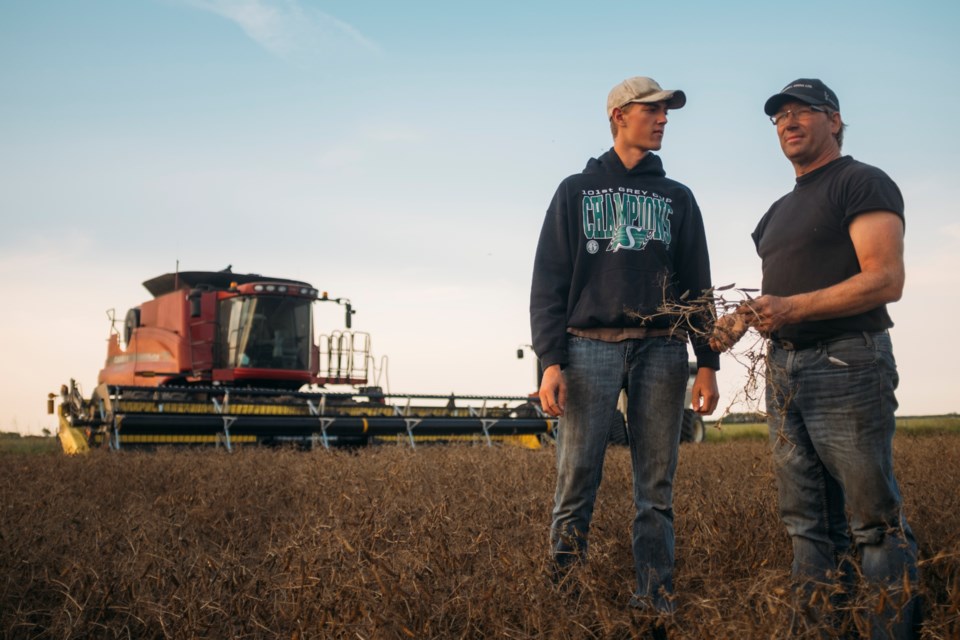
Corey Loessin
Radisson, SK
Canola, lentils, oats, peas and wheat
The primary driver is to produce the highest quality product we can. In addition, export markets that either have tighter tolerances, or no tolerance, established for crop protection products, is something we certainly need to pay attention to. We need to be aware of which products may have special concerns around them.
Before we do anything as far as application of a product, we would check out Keep it Clean’s advisories to make sure what we're going to do is all okay. That may involve also checking with exporters where we intend to sell the products.
We need to pay attention on an ongoing basis, not just once a year, but regularly to see what the Keep it Clean advisories have highlighted as products to pay particular attention to.
Everyone needs to take responsibility. Because everyone depends on the same markets, essentially right? We’re producing food, so it has to be clean.
Learn more about the use of acceptable pesticides at��.
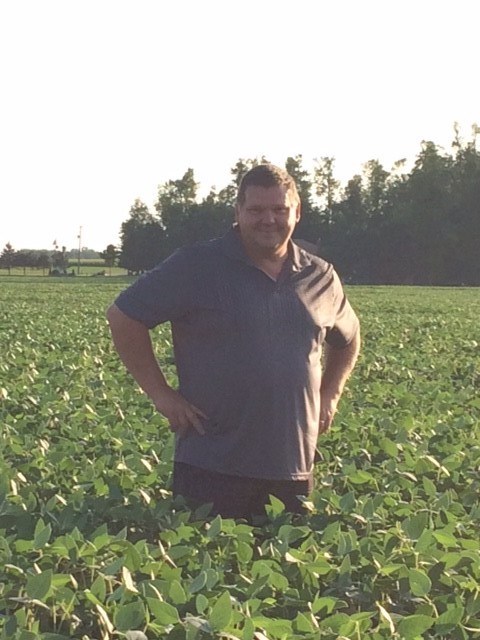
��
Henry Van Ankum
Alma, ON
Corn, soybeans and wheat
Canada has a long-standing reputation of growing, producing and selling quality grain and I feel good to be a part of that.
I see a few parts that go into keeping crops market ready: we try to make sure we’re using the right products, we’re applying them at the right rate and using them at the right time. Another part is good, solid crop rotation which helps keep some of the disease pressures down. The last part of it is communicating with the buyers and understanding what their rules and requirements are.
Market access isn’t something we can take for granted. We have to all do our part to make sure this value chain works. If the grain handlers can’t sell the product, they aren’t going to be too interested in buying it.
Learn more about Keep it Clean at��.
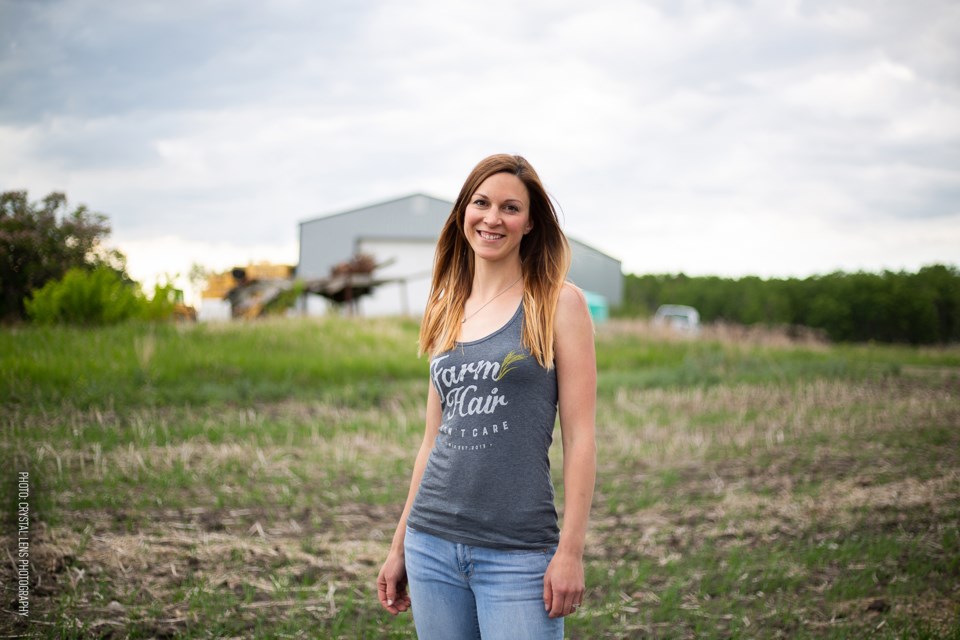
Jocelyn Velestuk
Broadview, SK
Barley, canola, cover crops (clovers, alfalfa, ryegrass, triticale), flax, oats, peas, peola, perennial forage and wheat
We keep it clean because we want to make sure the grain we are selling is grain that we would want to consume as well. And we want to be absolutely sure that we did everything we could in our best interest, and in the consumers best interest, to make sure that it is safe.
Keep it Clean is a campaign that is proactive, anticipating what’s coming down the line and what customers are thinking. So, I think its really important to make sure we fine tune our agronomy based on Keep it Clean’s information, because what they’re saying is all related to a sustainable future for our agriculture industry.��
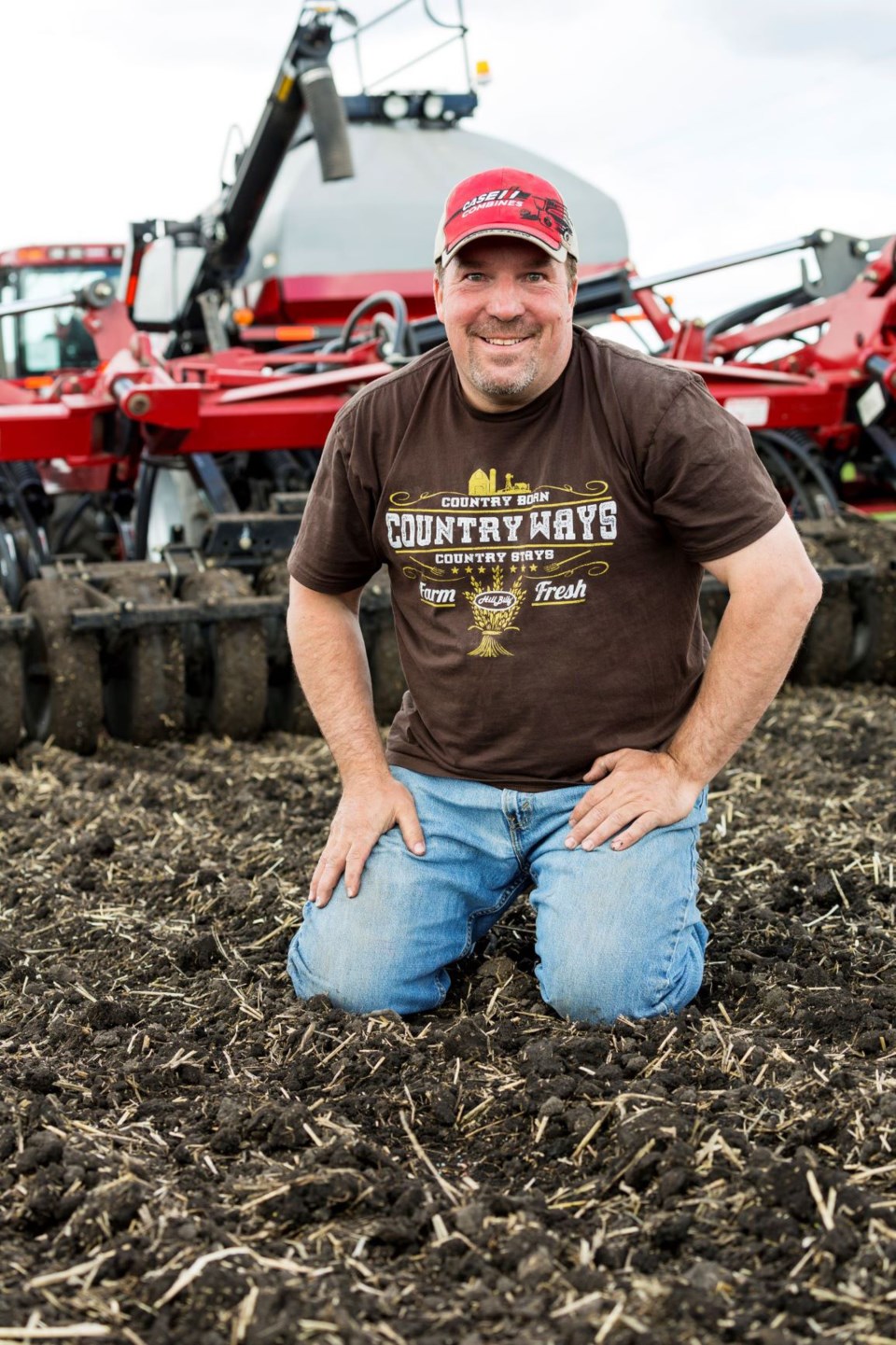
��
Jason Lenz
Bentley, AB
Barley, canola, faba beans and wheat
Well, that’s a pretty easy question. It's really important to me at the end of the day, at the end of harvest, that I have a crop or a commodity that is marketable and is safe and healthy as a food type. It’s really just about doing the right thing as far as best management practices.
In particular, the last three years or so, we’ve had so many different trade barriers that came our way; everything from the dockage issue in canola to glyphosate and malt barley. The use of glyphosate at harvest, I think, is probably the issue that has the biggest spotlight right now, for sure. As growers, we really don't want to lose that tool because if you do have a weed problem in your fields, glyphosate can be a very effective way of getting it under control.
Learn more and find resources to grow market-ready crops at��
��
This program is funded through the AgriMarketing Program through the Canadian Agricultural Partnership, a federal, provincial, territorial initiative.
